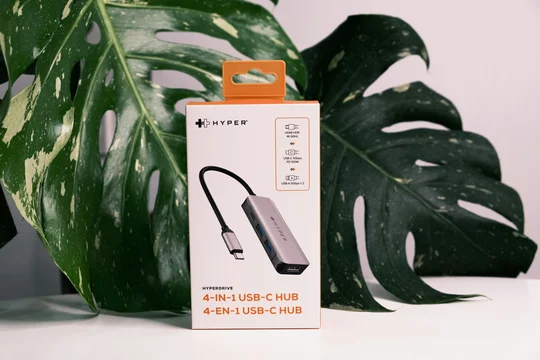
We didn't post about this Judge Connolly opinion when it came out back in October, but on revisiting it, I thought it was worth noting.
In deciding a transfer motion, Judge Connolly suggested in a footnote that, for Delaware LLCs, venue may not be proper in Delaware unless the individual members of the LLC are citizens of Delaware (which often may not be the case):
It's not clear to me that a Delaware LLC "resides" in Delaware for purposes of § 1400(b). Although residency is not synonymous with citizenship, the terms are related; and an LLC's citizenship for purposes of deciding whether diversity jurisdiction exists "is determined by the citizenship of each of its members," Zambelli Fireworks Mfg. Co., Inc. v. Wood, 592 F.3d 412,418 (3d Cir. 2010). In this case, I am unable to determine Den-Mat's state of citizenship because it has not expressly identified the persons and/or corporations who are its members.
The Court held that the analysis proceeds up the chain of ownership to include everyone with an interest in the LLC—so it sounds like simply being a subsidiary of a Delaware corporation may not be sufficient:
Den-Mat certified in its Rule 7.1 disclosure statement that its "parent company" is an LLC. . . . It seems likely to me that the parent LLC is Den-Mat's sole member, but I can't be sure of that. In any event, Den-Mat did not identify the members of its parent LLC, and to determine the citizenship of an LLC, courts proceed up the chain of ownership until they determine the identity and citizenship of every individual and corporation with a direct or indirect interest in the LLC . . . .
It's worth noting that the entity at issue in TC Heartland (the case in which the Supreme Court set the current venue rules for patent cases) was itself an LLC, but the Supreme Court still held that it was resident in the state of incorporation without considering the citizenship of its members.
The Court here actually acknowledged that, and distinguished TC Heartland:
The Supreme Court held in TC Heartland LLC v. Kraft Foods Group Brands LLC, 13 7 S. Ct. 1514, 1517 (2017) that "a domestic corporation 'resides' only in its State of incorporation for purposes of the patent venue statute." Although the defendant in TC Heartland was a Delaware LLC, the Court treated it as a corporation because the plaintiff had pleaded in its complaint that the defendant was a corporation and the defendant had admitted that allegation in its answer to the complaint. . . . As the Court noted: "Because this case comes to us at the pleading stage and has been litigated on the understanding that [the defendant] is a corporation, we confine our analysis to the proper venue for corporations. We leave further consideration of the issue of [the defendant's] legal status to the courts below on remand." Id. Accordingly, it does not necessarily follow from TC Heartland that under § 1400(b) an LLC resides in the state in which it is formed.
All of this is technically dicta, because the Court ultimately granted transfer on separate grounds. But it's definitely worth keeping in mind next time you are representing (or asserting a patent against) a Delaware LLC in Delaware.
If you enjoyed this post, consider subscribing to receive free e-mail updates about new posts.




